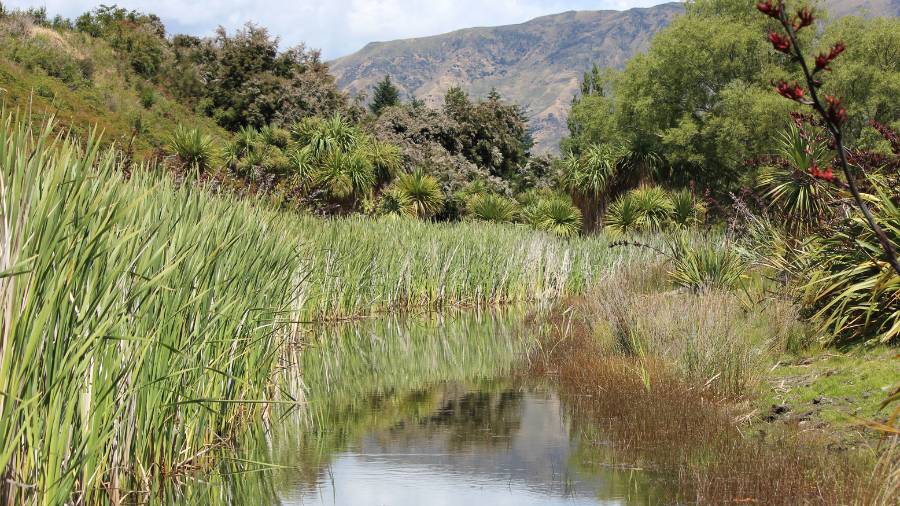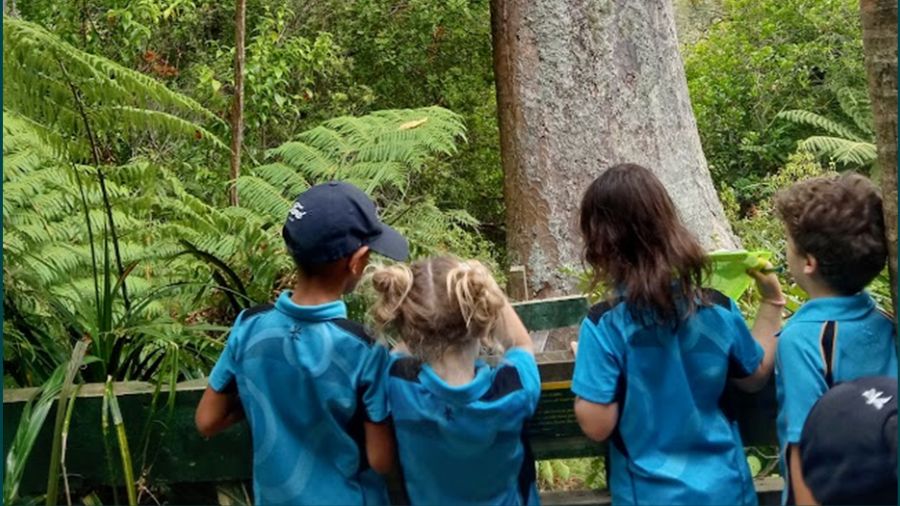Education and Training Amendment Bill (No 2)
The Government has introduced a Bill to amend the Education and Training Act 2020 and related secondary legislation to make several changes in schools and tertiary education. Find out more about the proposed changes here.
Public submissions close at midnight on Thursday June 12th.
Submit your feedback on the NZ Parliament Website here.
NZAEE's Submission
We wish to make the following comments:
The New Zealand Association for Environmental Education (NZAEE) is a national network of educators and organisations working to build environmental and sustainability understanding through education, so that people are empowered to connect with nature, understand environmental challenges, and take meaningful action. We work across sectors and communities to support learners, educators, and education providers to build more resilient, equitable, and sustainable futures.
We make this submission in support of efforts to improve educational outcomes and equity, but with concerns about how some proposed changes could impact holistic, future-focused learning, particularly in relation to environmental sustainability and Te Tiriti o Waitangi commitments.
Firstly, we are concerned about the change to school board objectives (section 127), which proposes that “educational achievement” becomes the paramount objective, with the other current objectives of inclusion, safety, and giving effect to Te Tiriti o Waitangi being reframed as supporting objectives. This change diminishes the importance of commitments to wellbeing, equity, and Te Tiriti o Waitangi, but these areas are not secondary to achievement; they are foundational to it. Specifically for NZAEE, we recognise that environmental and sustainability education empowers students to understand the systems that shape their world and to take informed, hopeful action toward a more sustainable and just future. We see this education existing in the space between the four objectives; contributing to safety, belonging, identity, and community connection. As such, we urge the Select Committee not to elevate “educational achievement” at the expense of the other three.
Secondly, we are concerned about the proposed change in terminology from "local curriculum" to "teaching and learning programmes" within the Te Tiriti o Waitangi clause of section 127. While we see the intention to avoid confusion about alignment with the national curriculum, the concept of a local curriculum is vital. Environmental education is deeply place-based; it connects ākonga to the unique histories, ecologies, and communities of where they live. The idea of a local curriculum affirms the value of that connection, and losing this language risks undermining the place-based, culturally relevant, and community-connected learning that underpins effective environmental and sustainability education. These types of learning experiences are essential for enabling young people to participate in shaping a sustainable future in their own communities and beyond. We also believe schools are well equipped to deliver the national curriculum within their own local curriculum, due to the significant work that has been completed over the last five years with ‘local curriculum design’ as one of the professional learning priorities.
Finally, we are concerned by the proposal to remove the National Education and Learning Priorities (NELP). The NELP has been an important mechanism for articulating system-wide priorities such as environmental sustainability, equity, and Te Tiriti o Waitangi commitments. In a time of climate crisis and growing inequality, it is critical that our education system maintains a shared direction on these issues. Without the NELP, we risk losing coherence and momentum in addressing these interconnected challenges.
We wish to make the following recommendations:
We oppose the changes to section 127 of the Act that elevate “educational achievement” as the paramount objective above other objectives and also oppose the proposed removal of “local curriculum”. We oppose the removal of the National Education and Learning Priorities (NELP) from the Act.
We urge the Committee to ensure that educational achievement is not elevated at the expense of inclusion, safety, or Te Tiriti o Waitangi, and to retain both the concept of local curriculum and a mechanism for setting national education priorities. These are not peripheral concerns; they are central to preparing young people to navigate a complex future and contribute to a thriving, sustainable Aotearoa. We also urge the Committee to undertake a full consultation process with the education sector, including young people and whānau, or refer to the extensive feedback that was previously collected to inform the creation of the NELP, before making such significant changes to the priorities for schools in Aotearoa.






